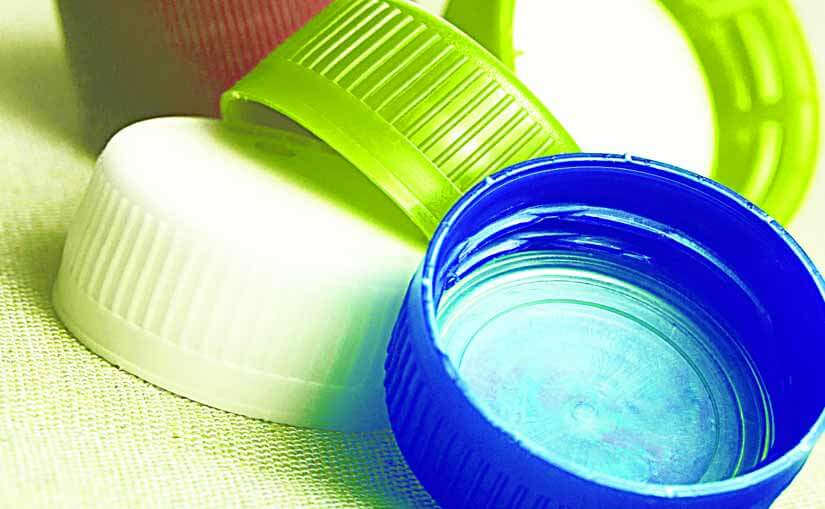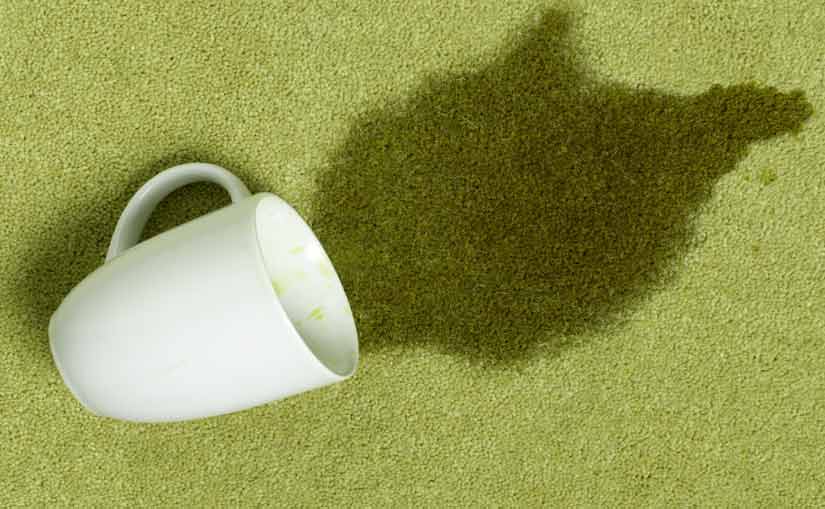This article will briefly discuss the benefits of septic tank preventive maintenance. In a brood of five females, you have always been the responsible one. You were the eldest so in a huge way, you assumed the role of a guy so that you would be able to take care of your sisters and protect them when your parents were not around. It was a hard thing to do. As you grew up, you became very intimidating to every man you met. This resulted to a non-existent love life. But being tough had its advantages. One of them was being able to get things fixed around the house and being able to know more things about electronics and the septic system.
Your sisters usually ran to you or called you if they had problems with their plumbing or septic system. You wore not a septic expert but when the problem was too big for you to handle, you told them to call the real guys in. One of the things that you always educated your sisters about was proper septic tank preventive maintenance. If they knew a great deal about it, then they would be able to save a lot of money.
Many homeowners are surprised at the amount of money that they have to prepare when their entire septic system fails. A new septic system could cost up to 30,000 USD. With this, your sisters were grateful that you always made time for them whenever they needed your help.
The following are the basic things that you have told your sisters:
a) You should just allow the ordinary waste water and biodegradable tissue paper to enter your septic tank. Avoid dumping kitchen grease, cigarette butts, tobacco buts, sanitary napkins, tampons, car grease, and diapers into the tank. These are known as non-biodegradable materials. As you know, these cannot be broken down by the resident bacteria in the tank. These substances just stay in the tank until the time they completely clog block the incoming waste water or get dispersed into the drain field. This is a common cause of septic tank failure.
b) Leaks or damages in the plumbing and fixtures should be repaired or replaced immediately. The leaks contribute to the backing up of waste water.
c) Never allow vehicles to drive over or park on your septic tank area. Relocate your construction projects away from your septic tank area. These cause the soil to be compacted over the septic tank. Soil compaction causes damage to the tank and also to the drain field.
d) Know the exact location of the septic tank so that you may prevent damaging it through the planting of trees, parking of vehicles, and performing construction. You could do this by asking the help of the department that issued the permit for your septic system to be installed. Find out for yourself by tracing the dry or soggy grass areas on your yard. These indicate the location of the drain field and the septic tank. It will be much faster if you ask the help of your septic expert. He could charge you extra for that.
e) A septic expert should regularly inspect the tank before any treatment is done to it. Inspection is needed to see if there are any damages in the tank, if there are any trees or hardwood plants on or around the tank, and id the level of sludge in the tank is normal.
f) Only color safe oxygen bleach should be used
g) A schedule for your septic tanks preventive maintenance should be maintained
h) The septic expert should perform the following septic treatments:
- Activator, restores the normal population of the resident bacteria
- Porosity restorer, restores tanks, drain fields, and dry wells
- Regular pump outs
- Septic maintainer, improves septic tank function, quickly digests paper/detergents, protects drains, and stop septic odors
Even if it took forever for you to meet the love of your life, it was all worth it. You were proud to be there for your sisters even if it was about household technicalities and now you know everything about septic tank preventive maintenance.


